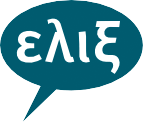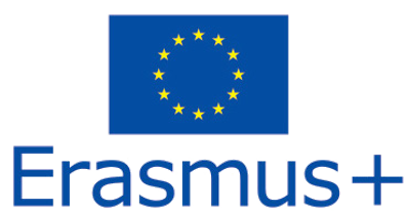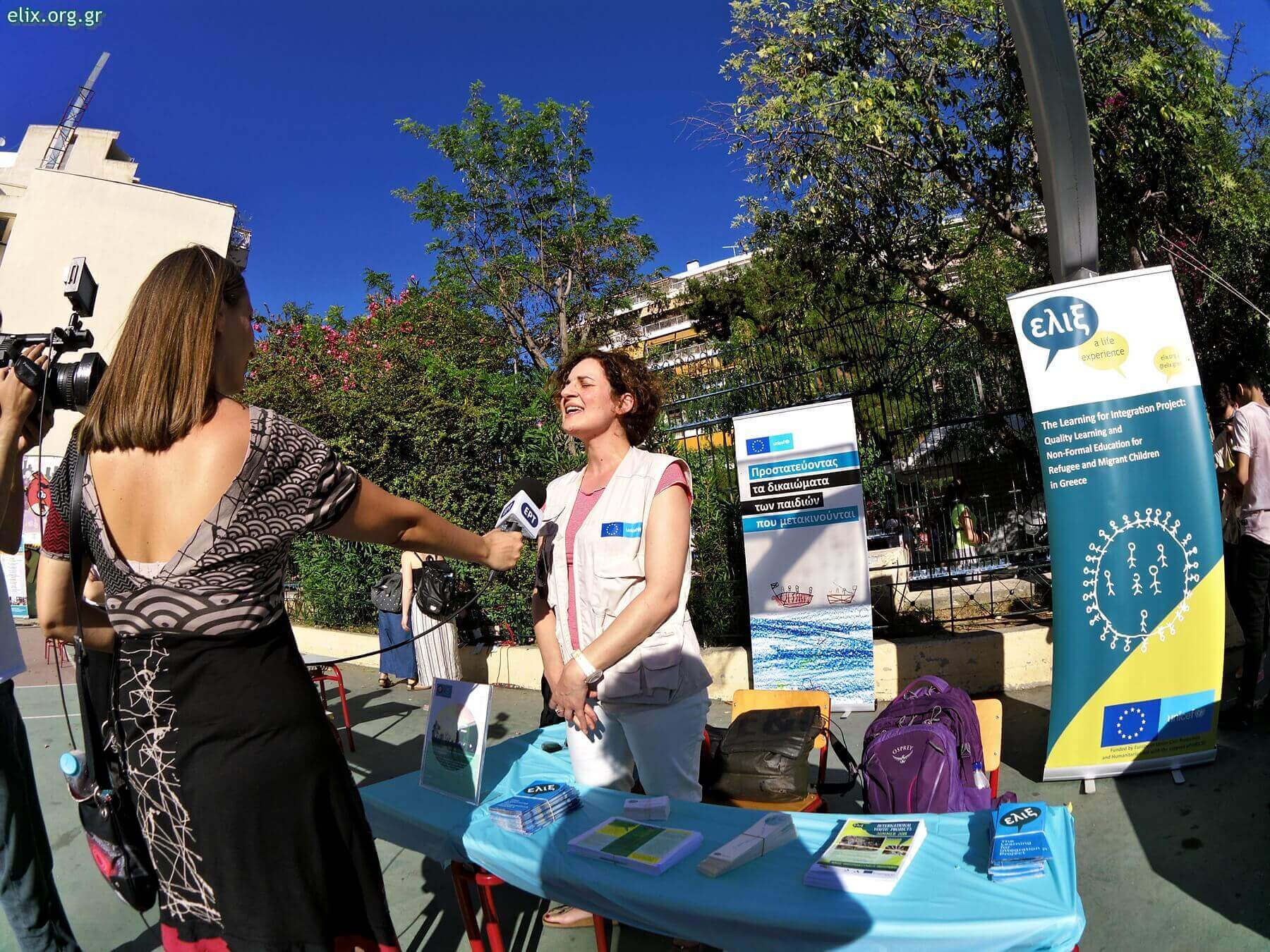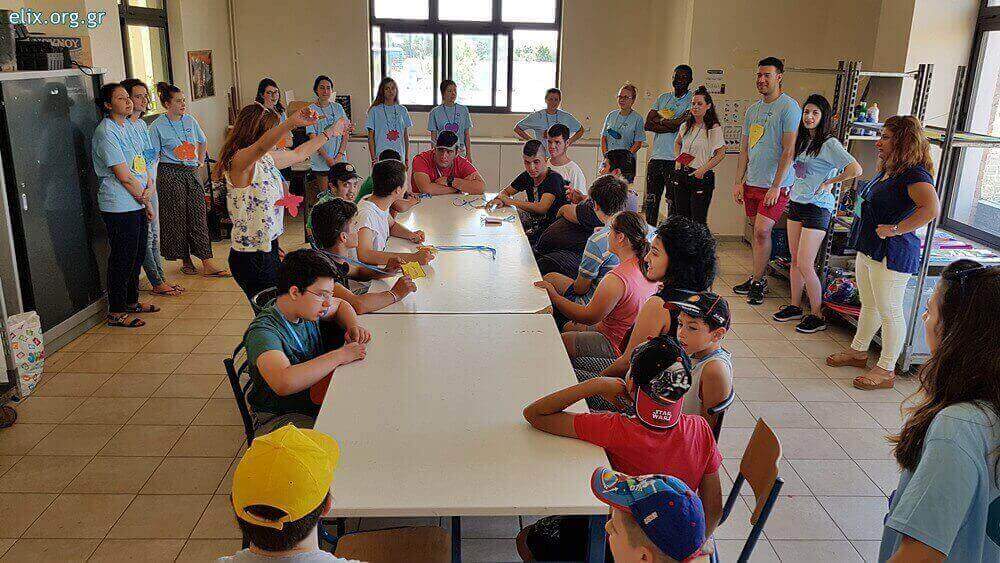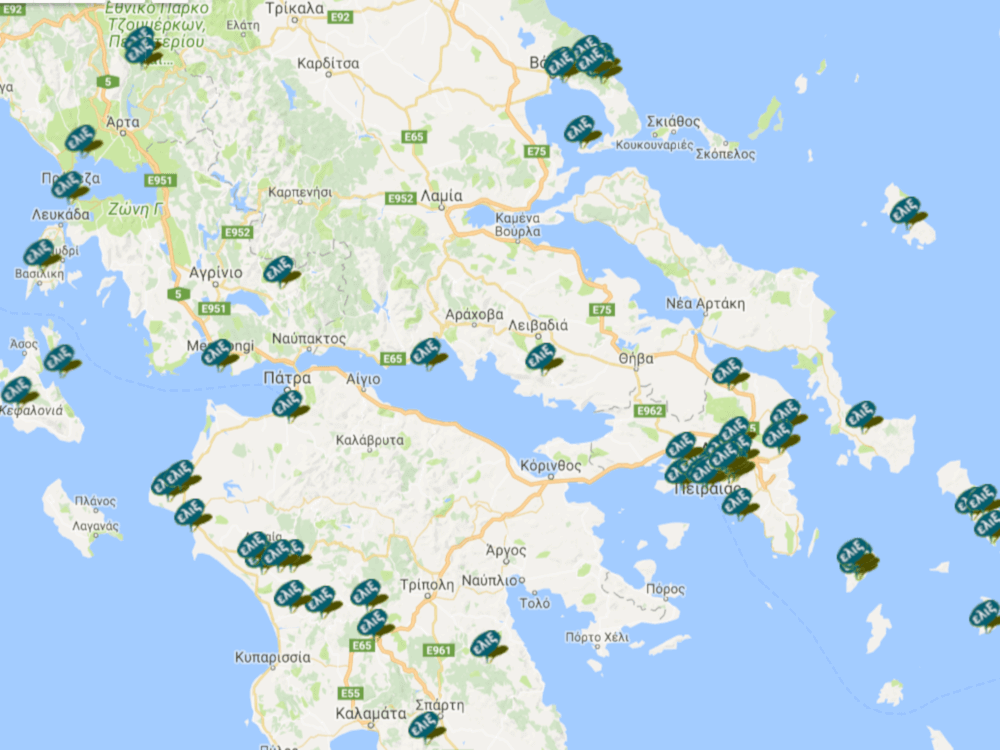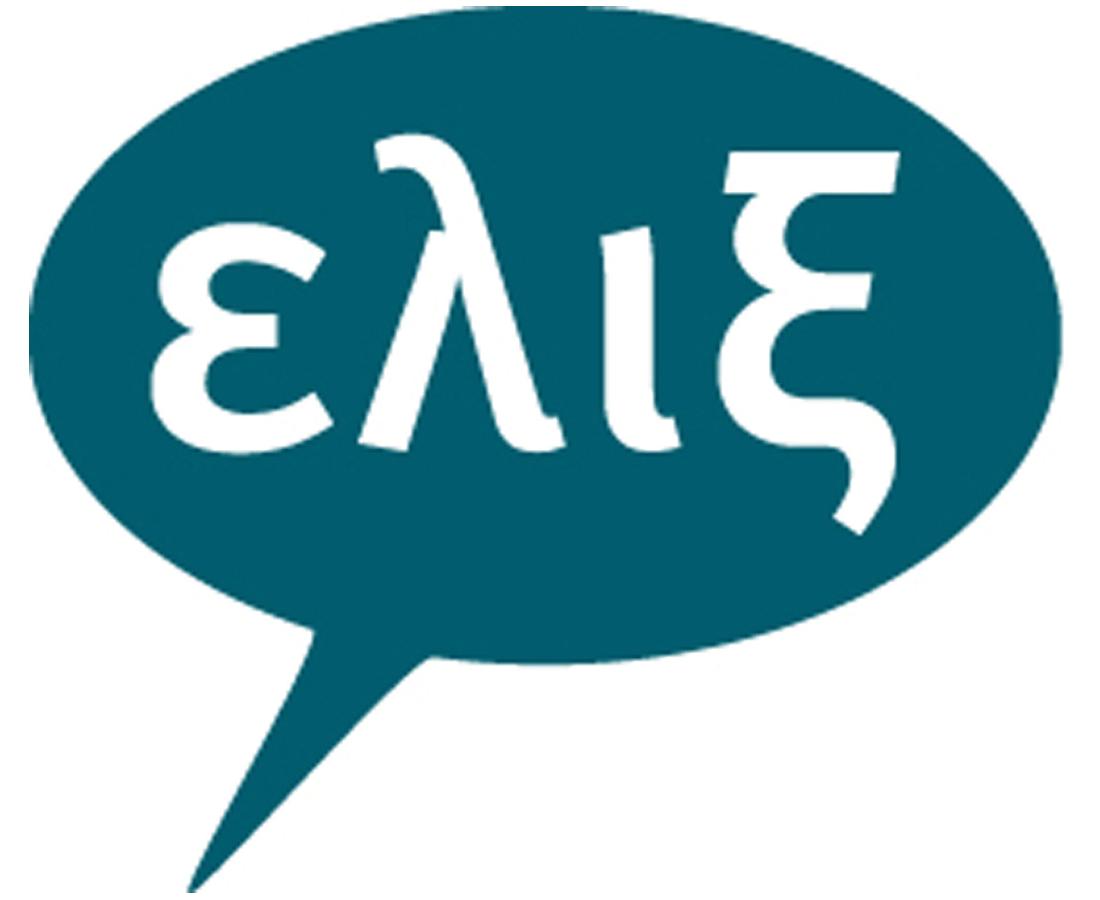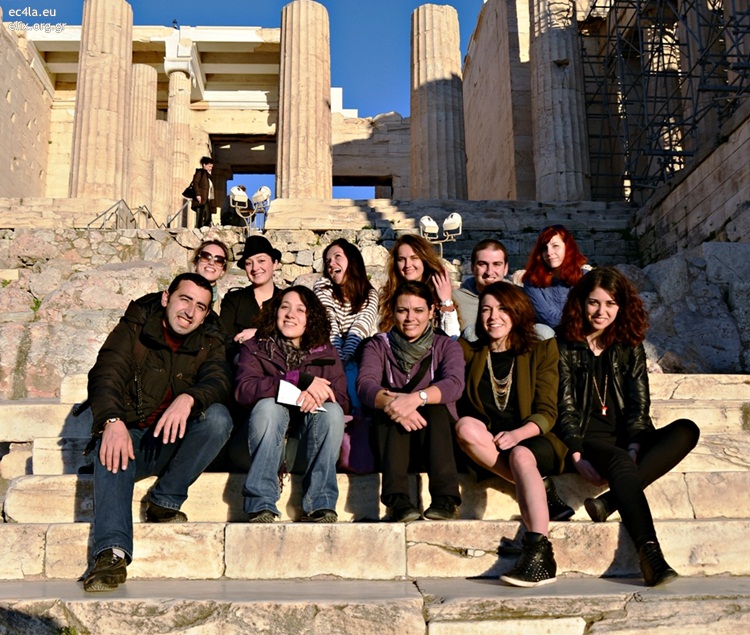In December 2012, ELIX organized an international training course on empowerment, creativity and entrepreneurship in Athens. The international training course “Dynamo” aimed to provide tools and competencies to current and future project managers and Non-Formal-Learning activity leaders of NGOs within the area of empowerment and entrepreneurship, with a focus on creativity and peer support. 18 participants from the East and West of Europe worked together for 9 days under the support of ELIX trainers and facilitators.
Transversal aspect of the training course was the Youth in Action (YiA) Programme, professional development and how to use YiA as a tool for empowerment. Time and support was dedicated to foster East-West co-operation and new partnerships between the participating organisations.
AIMS AND OBJECTIVES:
The international training course “Dynamo” aims at providing current and future project managers, non-formal learning (NFL) activity leaders of NGOs with tools and competences in the area of empowerment and entrepreneurship, with a focus on creativity and peer support.
MAIN OBJECTIVES:
1) to build up competences of the participants in empowering young people and youth workers, specifically:
- coaching, mentoring and feedback
- learning and self‐assessment
- long term support in each stages of a youth project (from idea to a real project)
2) to discover and discuss with the participants the concepts of creativity, participation & entrepreneurship, and to reflect on how can these ideas contribute to the mission of their organisations and to empower young people;
3) to explore with the participants what structures, conditions and stakeholders are needed to ensure an adequate support for empowerment of youth in their organisation;
4) to give the participants an opportunity for East – West co-operation in youth work:
- getting to know each others’ cultures and realities of youth work
- sharing best practices in youth work
5) to support the development of future projects of the partner organisations (follow-up and impact) by providing participants with tools and specific work plans for empowerment and by creating a space for planning future partnerships/projects in Youth in Action.
APPROACH
The training course was based on the specific needs of the participants and their organisations and was highly participatory. Diversity, e.g. in the group of participants, was considered as a resource for the building‐up and transfer of competences. There were only few frontal lectures, the main part of the training course was delivered in the form of practical sessions implemented by the participants in a learning‐by‐doing fashion. The trainers took care of creating a supportive and safe learning environment, where participants were encouraged and coached while mastering challenges that contribute to their personal, professional and organisational development. Special attention was paid to making the learning points of the training course relevant, sustainable and transferable, e.g. by giving ample room for reflection and assessment, by producing exhaustive documentation and by providing templates and guidance for tailor‐made development and action plans.
